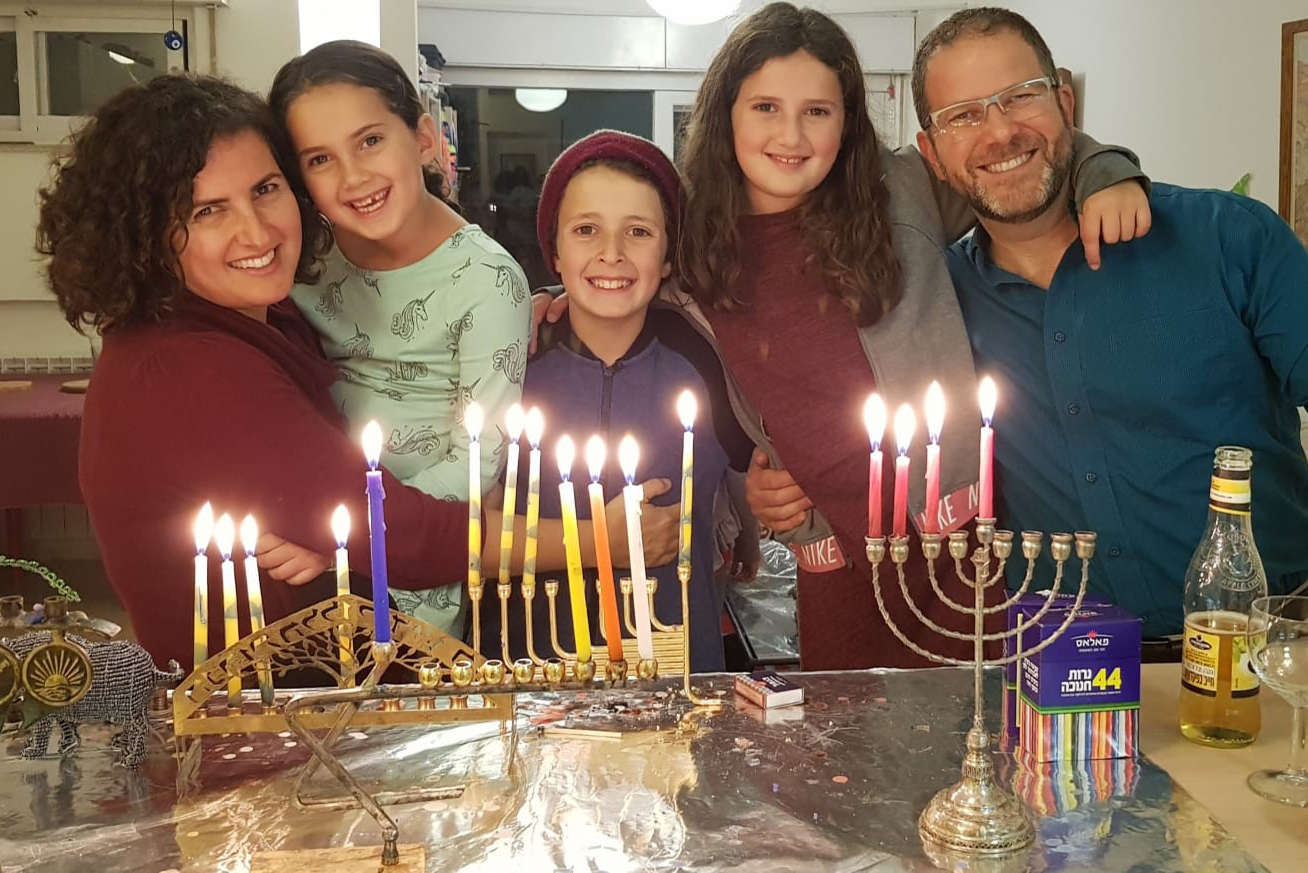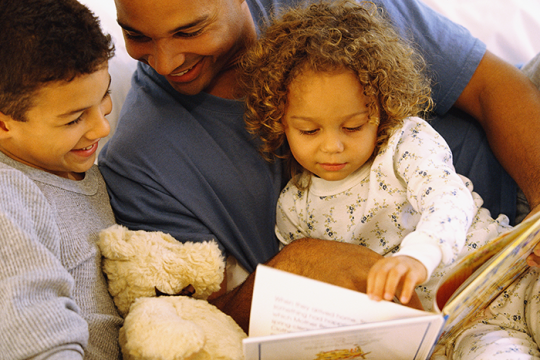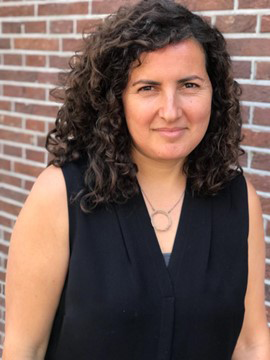
I hate shopping. I always have. There are so many other things I prefer to do with my time than spending an afternoon at the mall -- having coffee with a friend, or going on a bike ride, or even taking our bin to the compost heap. My kids know this about me, so at Hanukkah time they look at me and ask, "Is abba free this afternoon? No offense, imma. We don't want to go shopping with you."
There are a lot of creative ways to make Hanukkah meaningful when we pause to ask ourselves a few good questions before automatically going into shopping mode.
Those families who refuse gift-giving during Hanukkah because they think it is a misguided response to the shopping frenzy and gift-giving galore of Christmas should know that there is a Jewish foundation for the Hanukkah tradition of giving gifts, even though it differs from what is commonly practiced today.
In 18th-century Yiddish speaking communities, giving gelt (money) on Hanukkah focused on adults. Yeshiva students received some extra cash to help them get through the winter months and ritual leaders and officiants got a holiday "tip" in appreciation for their service. Gelt-giving was also connected to tzedakah (charitable giving). Hasidic rebbes, for example, were known to go from door to door asking for money to fund their ritual duties. It was only in the 19th century that the tradition of giving Hanukkah gelt and other gifts focused on children. Nowadays, it is common to see children playing dreidel during the holiday with chocolate gelt coins.
Historically, Hanukkah gift giving reflected appreciation, tzedakah, and making life a little bit easier and sweeter for others. This practice helped align the observance of Hanukkah with Jewish values.
Hanukkah 2021 comes at a time when much of the world is focused on the escalating climate crisis. It is a time when each of us is called upon to minimize our carbon footprint by curbing our consumption of polluting products. And while gift-giving is of profound value in that it expresses generosity and gratitude, it can also lead to outcomes that are not always so praiseworthy, such as spending beyond our means for gifts and elevating exchanging presents as the highpoint of the holiday for our children.
So, before we go holiday shopping in stores or online, consider the following guiding questions:
- How can you express generosity and appreciation to loved ones in ways that do not involve spending money? Is there an experience you have been eager to have with them? Is there something dear to you, like an heirloom or photographs from an earlier experience that you can frame and pass on?
- If you do want to buy some gifts, what kinds of businesses do you want to support? For example, is there a thrift store near you that donates its proceeds to charities, such as food kitchens or another cause you care about? Consider shopping there first.
- What cause is your child passionate about? Give them some time to consider the answer and then invite them to give 10% of the Hanukkah money they receive to that cause.
- Ask yourself how you can use Hanukkah this year as an opportunity to release yourself from old habits and try something different.
Our family has a tradition of assigning each night a different theme, including tzedakah night and one when our kids give us gifts. On the other nights, we usually give them a small material gift. This year, in the spirit of Shmita -- the seventh year in an agricultural cycle in which the land in Israel is meant to lay fallow and which literally means "release" -- I am going to try and release myself from an impulse to "overdo it" in the Hanukkah gifts department. We have a neighborhood thrift store with just the kind of cool clothes my kids like, and there are some pictures of their grandparents as children that they might really like to have up in their rooms.
Hanukkah has the same root letters in Hebrew as the word for education (chinuch). This Hanukkah let's be more intentional about what messages children derive from our gift giving choices and how we can all use our buying power as a force for good -- and in the process help save the planet.
Related Posts

Breathe Bravely

The Importance of Storytelling

